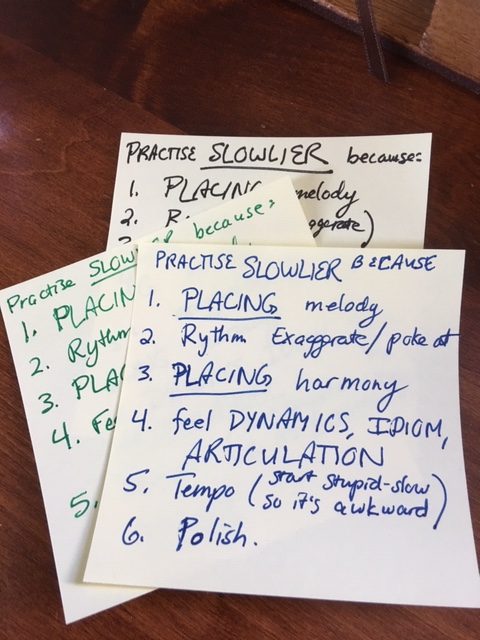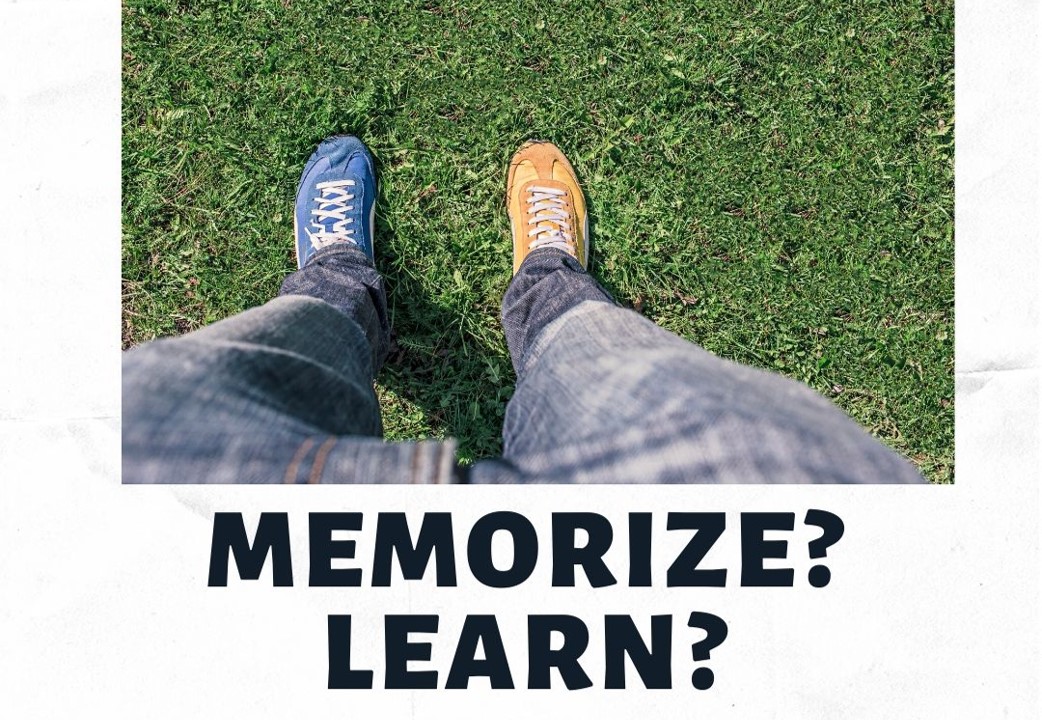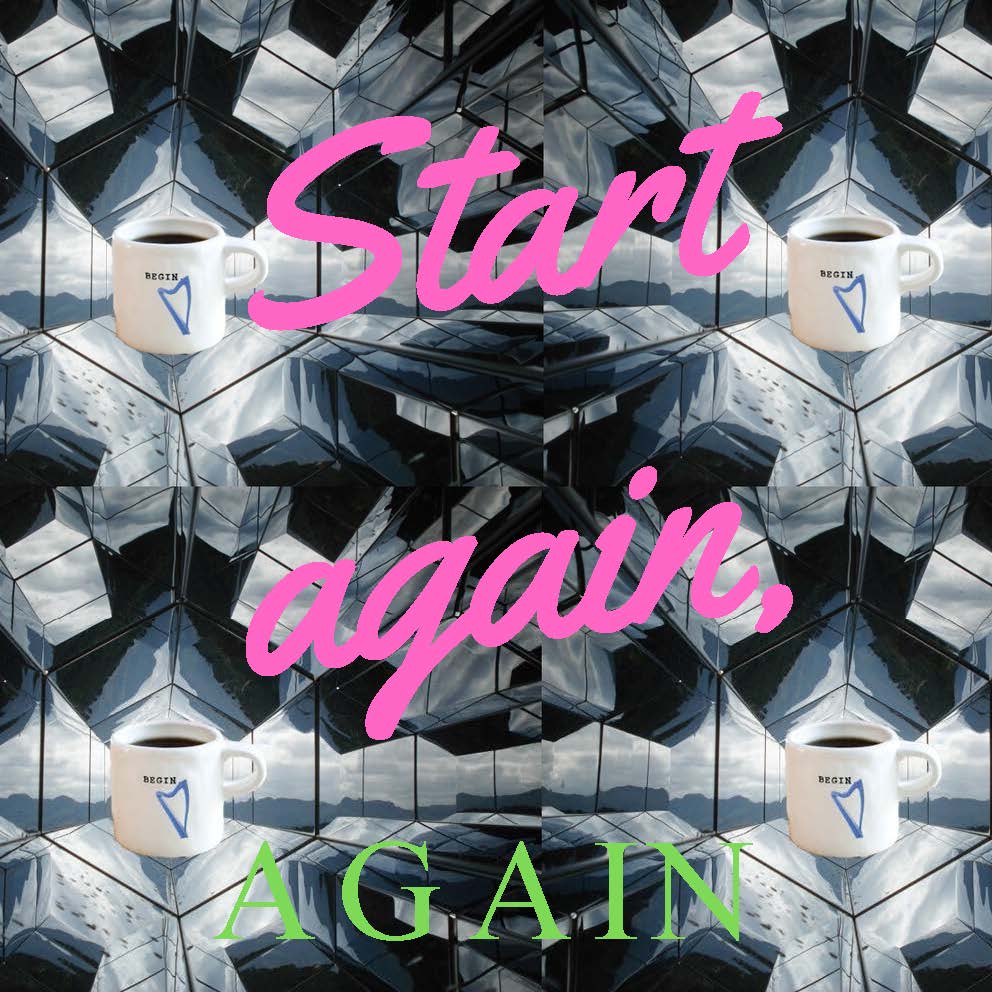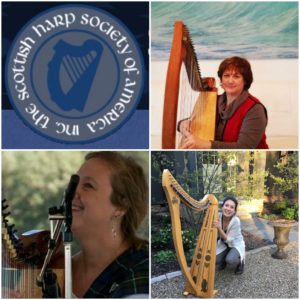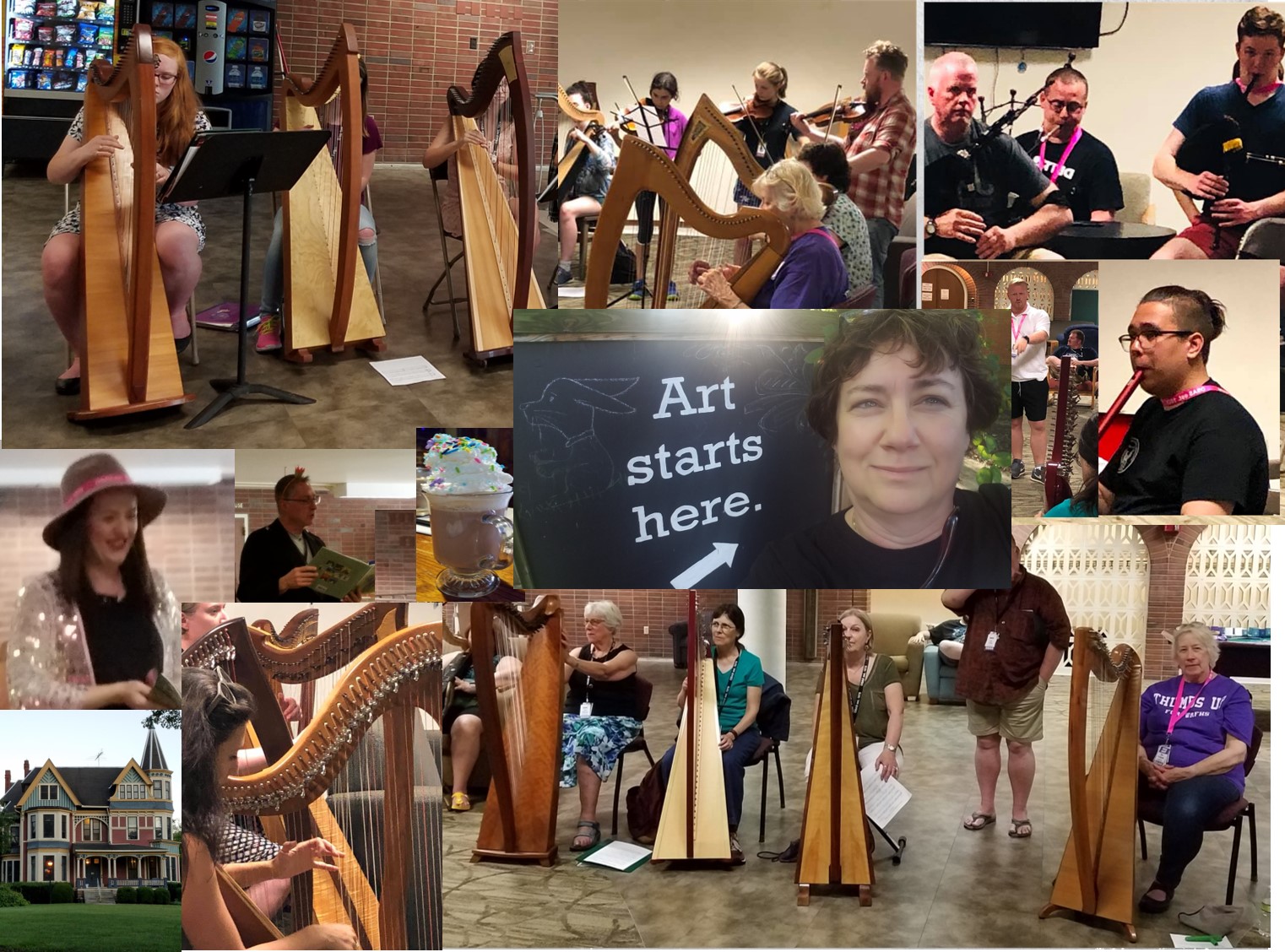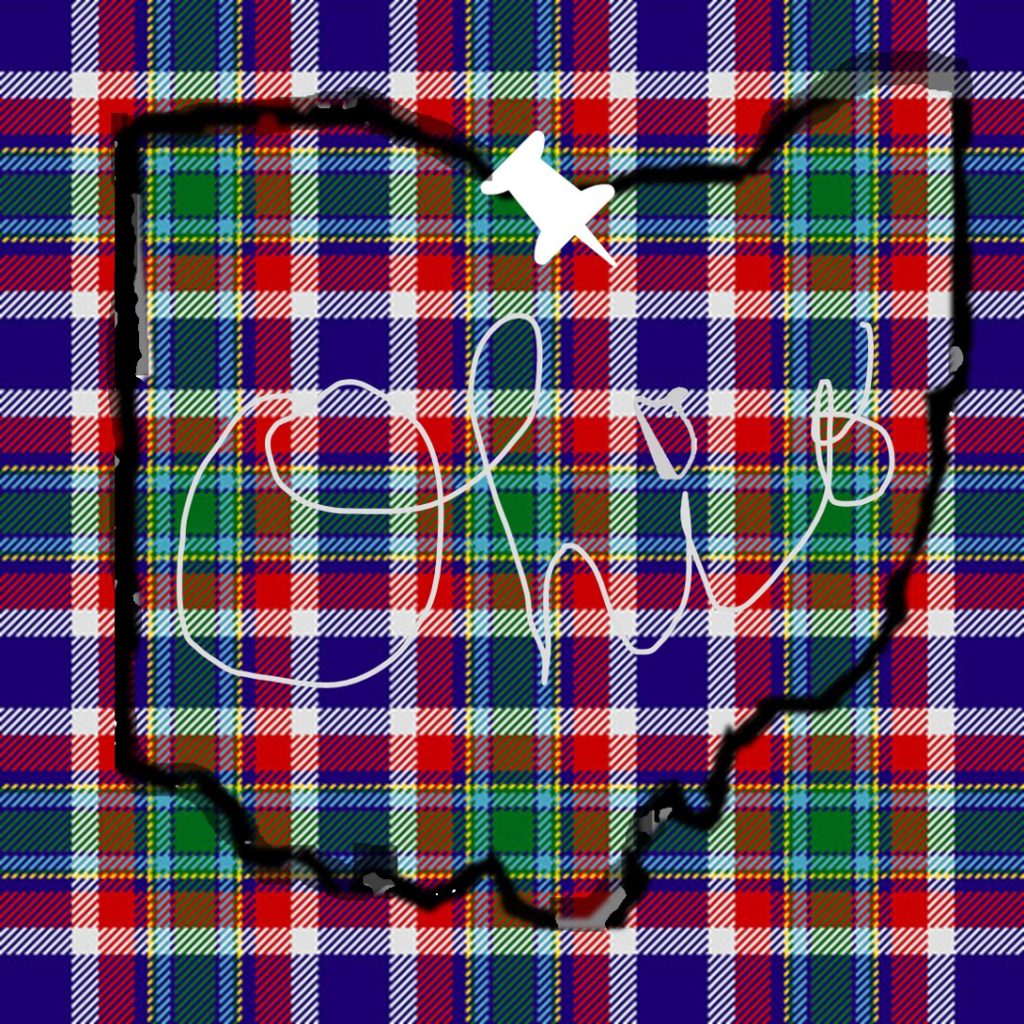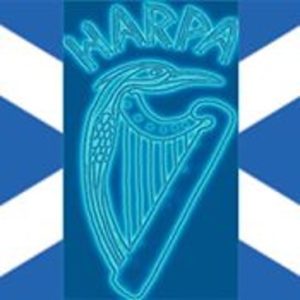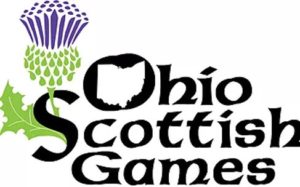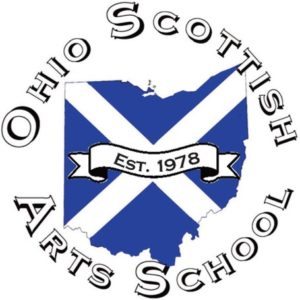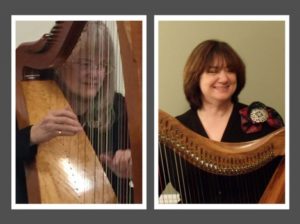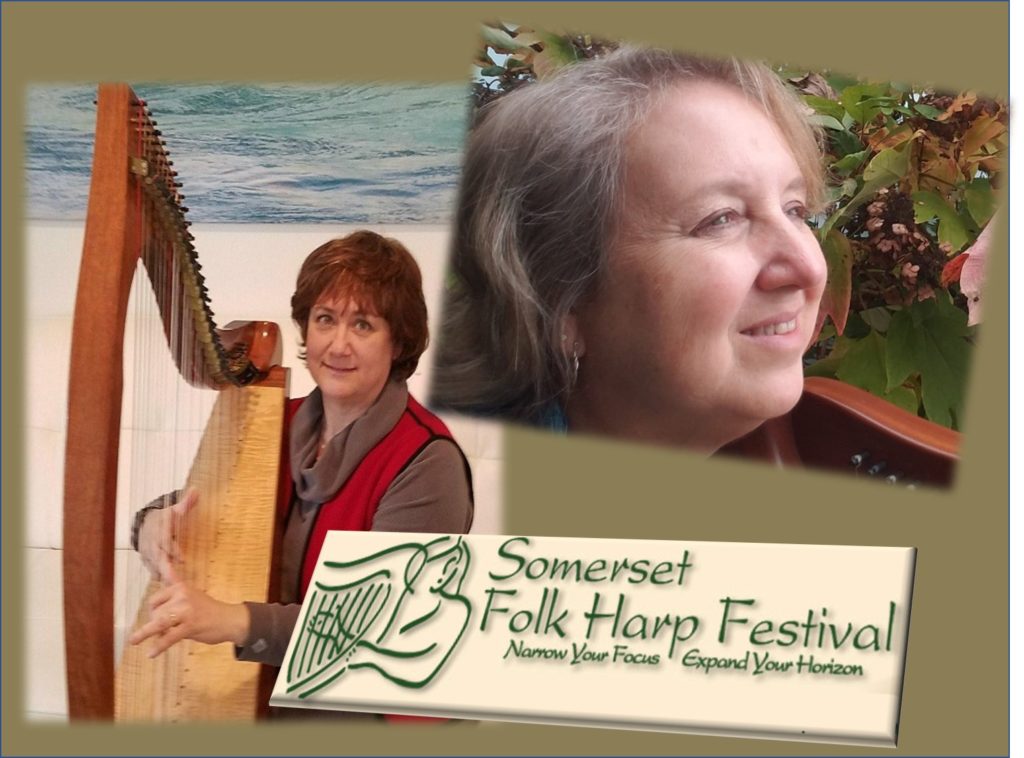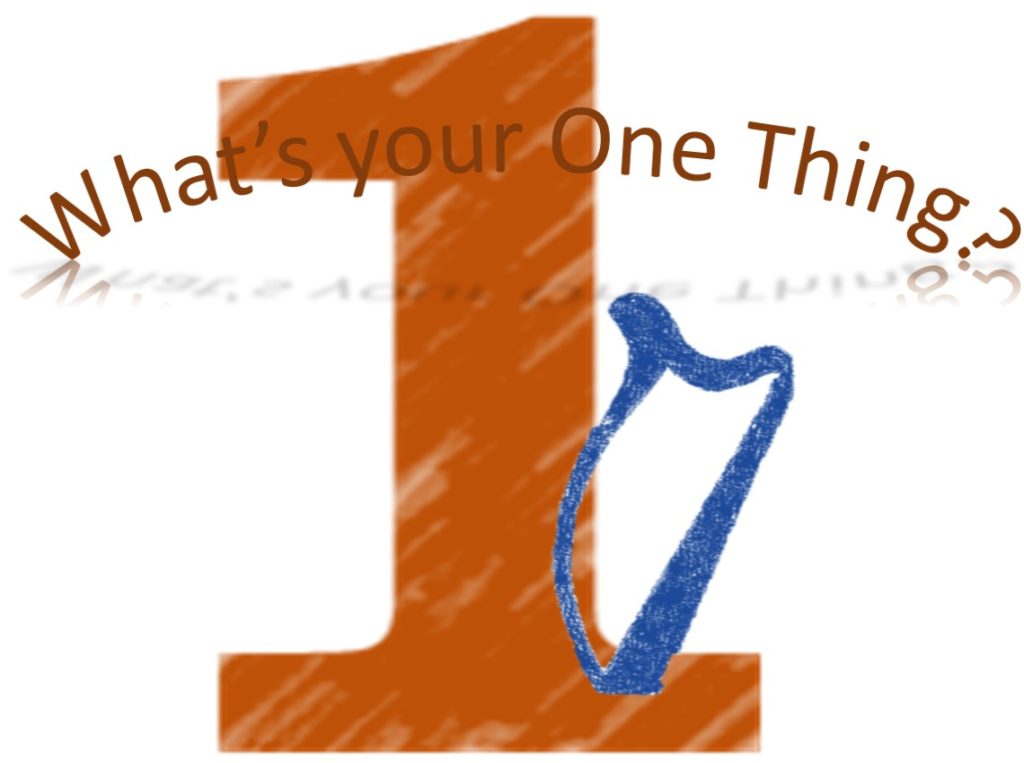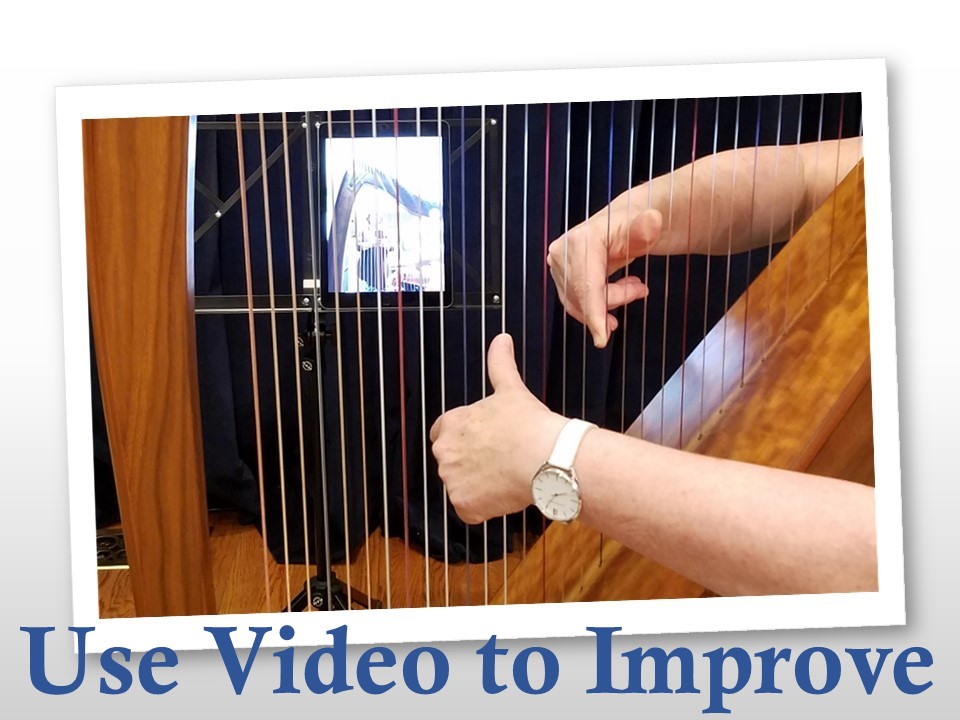I saw it in the eyes. I thought that maybe while teaching online I wouldn’t see that look – the “oh no, she’s going to make me play it even slower – how can I play it s-l-o-w-e-r? I can’t remember it that slow, pleasepleaseplease don’t say to play it slower. Crap, she said it!”
I get it. We want to play more, we want to advance, we want to achieve. And now that most of us are at home, we are being sent subtle (and not so subtle) messages that we should be achieving great things with all this free time we have now (that’s a whole ‘nother kettle of fish – because I don’t know about you, but I seriously am working more that I was before!).
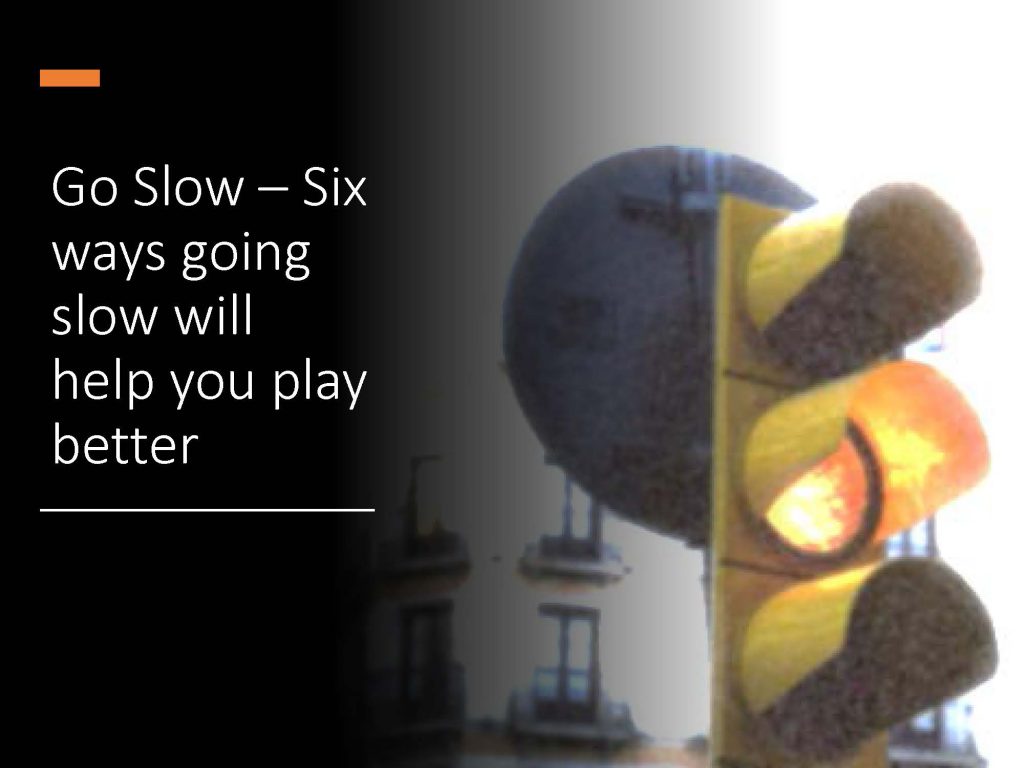 You might have heard this same thing from your teacher*. So, what does “practice it slower” really mean? Well there’s the obvious – just play everything at a lower tempo. But does that really serve you? What is it that you’re meant to learn while practicing slower?**
You might have heard this same thing from your teacher*. So, what does “practice it slower” really mean? Well there’s the obvious – just play everything at a lower tempo. But does that really serve you? What is it that you’re meant to learn while practicing slower?**
Here are six things you can get from practicing slower:
- Get the notes. I’m not kidding – sometimes when we feel the need for speed, we are so busy going fast that we don’t realize that we don’t actually know the notes! You have to know what comes next – not just by momentum, but each and every note, and the relationship of each note to the notes that come before and after. Can you start in the middle of a phrase or shape and play? If not, perhaps you don’t know the notes as well as you think. By slowing down and focusing on the notes – and only focusing on the notes, you will be able to learn and remember them, individually and as a group.
- Get the rhythm. Once you have the notes and you’re not struggling to remember what comes next each time you run through, then you can focus on the rhythm. This is actually another way the notes are related. But since you know what comes next, you can instead focus on how long, how short, how they fit together to make the rhythm. And you can focus on being accurate – get the snaps right, give the half notes a-l-l of their time, etc.
- Get the harmony. Now that you know how the tune goes, and you’re able to play it fairly strongly, you can add the harmony. (If you’re reading, you might want to treat the LH part as a different sort of melody – working on each hand separately to get the notes and the rhythm. If you’ve done that, at this point you’ll be that much farther ahead). When you’re learning a tune and arranging it, it helps to first know where you’re going – what’s the chord progression you’re hoping to end with? You really can begin to develop that with just 1 finger. You’re playing the melody, the rhythm is good, you don’t want the whole thing to fall apart while you try desperately to remember what comes next in the harmony! So just use one finger – if you’re going slowly (this is one of those places people speed up – after all you know the tune right?) you’ll have time to remember what the chord progression is and get one finger there – on time. As you get the progression in your head, you can expand the harmony to bigger and more complex chords – but go there in stages. It always seems to amaze people that going from one finger to two in a fifth is hard, but it can be, so give yourself the time – by going slowly – to get there. Only later will you be able to comfortably move into more complex chords. And that’s ok. (caveat – on fast tunes, things that work here were you’re going slowly may not work as well at speed (and vice versa) so keep that in mind as you develop the accompaniment…of course practicing slowly and carefully coming up to tempo will allow you to work this out)
- Get the feel. Ok, no one likes wooden music. No one. Even Pinocchio doesn’t like wooden music. But you can’t really get the feel in there until you actually know the music. So, once you’ve got it together, then you can (slowly at first) add the feel – dynamics, idiom, articulation – all those are things you have to remember, so add them in slowly and learn them.
- Get the tempo. Now that you actually know the music, NOW you can begin to increase the speed. I suggest to my students that you start “stupid slow” by which I mean a tempo that will challenge you to keep it together – that is so slow you have to subdivide your subdivision (e.g. something like one-tak-ee-tak-and-tak-ah-tak) just to get through the slowness between metronome beats. There’s a reason there’s a 40 on your good old fashion Seth Thomas! Imagine how much better you’ll be able to think when you’re done with that! My rule of thumb is to play it at a stupid slow tempo and then move the metronome one tick (on an mechanical metronome) or four clicks on an electronic metronome (e.g. from 40 to 44).
- Get the polish. This is the thing we all want to get to! We think it’s the prize, but really, it’s the culmination…you cannot polish what you don’t really know yet. But when you’ve worked slowly and built the tune up to tempo, you actually have something to polish. Because let’s be honest, typically when we say we’re here, we’re typically not really polishing – we’re still fixing and learning. But by going slowly, when you get here, you’ll actually be polishing.
Do yourself a favor and slow down! You will know your music better and you’ll be more comfortable playing it. You will also, whether you mean to or not, learn what gives you the most trouble so the next time, you can give it the time it needs while you’re learning…by going slow.
How Slow Can You Go? Let me know you’re great slow going experiences in the comments.
* Not everyone agrees with this approach and I am sure some may read this and clutch their pearls. And that’s ok. I like to see people succeed in learning and breaking the music down into small pieces and working on the parts systematically has worked really well. Probably because at each step you are only focusing on learning one thing. It won’t work for everyone, but isn’t it worth a try to see if it will be a good fit for you?
** I am a-l-w-a-y-s telling my students to practice slower. Heck, I am always telling myself to work slower. Even I get tired of hearing myself say it (I do still say it, because it works). In the time of Coronavirus, blog posts ideas are being shuffled and I found the notes for this post on a sticky note on my desk. I can tell by the color of the sticky that I made the note months ago. So, after I wrote the post, it occurred to me that I may be this brilliant…or I might have read something or listened to a podcast by someone else and that’s where I got the six points. It all sounds like the sort of thing I do and teach, but if I have inadvertently stolen someone’s idea, unfortunately, I didn’t write down whose. But, I do not intend to plagiarize – if if you recognize this – please let me know so I can attribute credit.
COMMENTS BELOW THE LINE
For good or bad, photos don’t “fit” into the comments – but I LOVE when you share them, so I’m going to start incorporating “Comments Below the Line” in posts so there’s a place for them to show. You will have to email me the photos, but that’s ok, I’ll get them up here asap. Thank you so much for always helping me learn more!
From Helen:

